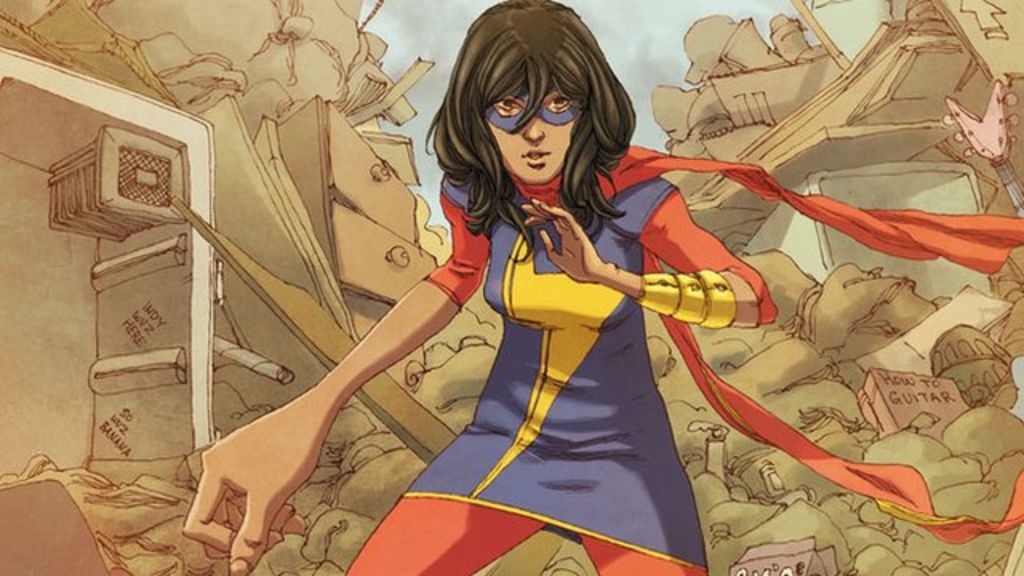
I’d internalized the rather damaging notion that only white girls deserve to have their stories told. Only white girls can slay the patriarchy without breaking a nail. Only white girls get to be the heroes, and get to be heroes of their own stories. And the rest of us? We don’t matter. … It’s important for young South Asian girls to see that just because they’re South Asian doesn’t mean that they have to be relegated to the sidelines, to being the sidekick, to being the brainy Indian doctor, and so on. They can be superheroes too.
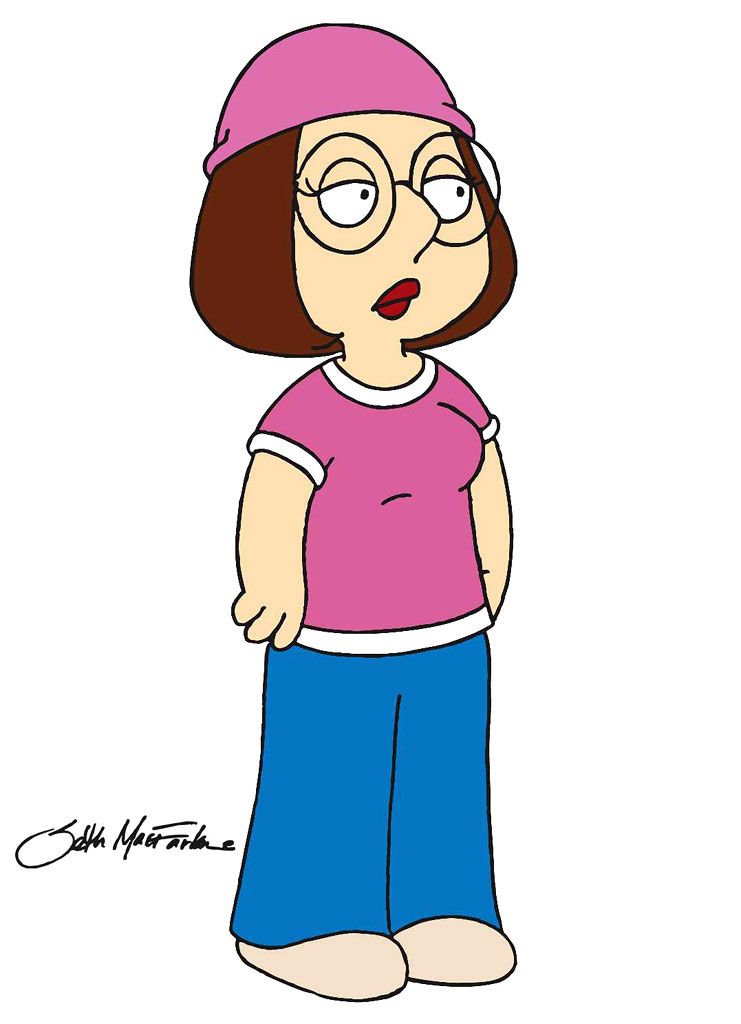
The primary difference between Meg and Tina is that Tina comes from a loving and supportive environment, whereas Meg does not. Tina’s parents accept her unconditionally, despite her displaying much of the same repressed eroticism as Meg. She writes “erotic friend fiction,” eagerly shares fantasies of dating an entire zombie football team at once, and does little to hide her attraction to the family dentist. Hell, her defining characteristic is an obsession with butts, an obvious manifestation of tween lust that has inspired a spectacular increase in pro-butt artwork across the internet.
On the subject of female comediennes, A.O. Scott, ‘New York Times’ movie critic, recently wrote, “The ‘can women be funny?’ pseudo-debate of a few years ago, ridiculous at the time, has been settled so decisively it’s as if it never happened…The real issue, in any case, was never the ability of women to get a laugh but rather their right to be as honest as men.” I love A.O. Scott and his writing is brilliant, and I agree with him—the “can women be funny?” argument is a weird pseudo-debate that managed to gain traction on the big world of the web.
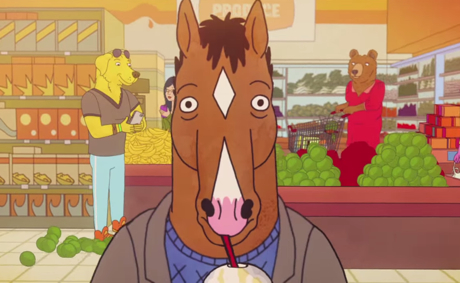
Most surprising of all was the content. ‘Bojack Horseman’ is a late night style comedy that doesn’t shut anyone out. Though the series abounds with the typical crude humor, it’s threaded through with a surprising amount of feminism, nothing I’d expect at first glance.
There’s no shortage of fascinating female characters, both major and minor.
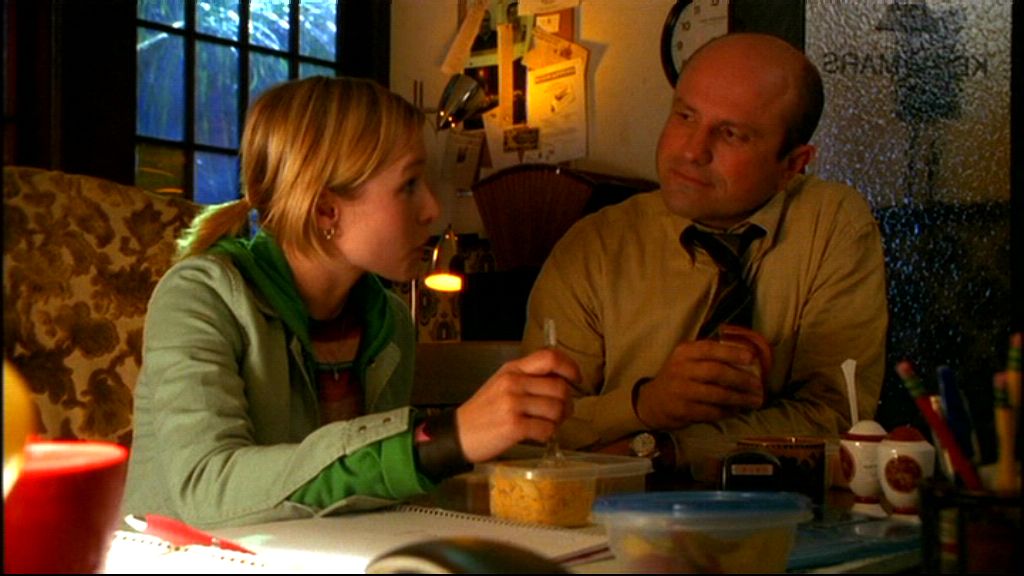
Mainly though, the movie’s release has reminded us of all the supposedly simple and universal the show portrayed so well, the things that shouldn’t be notable in today’s movies and TV, but somehow are: a platonic male-female relationship, a strong friendship between teen girls who never came to blows over looks or boys, a willingness to hold its heroine accountable for her flaws, and above all, an amazing father-daughter relationship.

TV families are generally presented as aspirational. They usually live an upper middle class livestyle and frequently live comfortably on a single salary, have college degrees and wealthy backgrounds.
Usually when characters work menial labor or minimum wage jobs, they are presented as being in a transitory period. This is the stage before the character gets their life together, when the artist waits for a big break or where a youth supplements their allowance with their earnings. It’s rare that this work is presented as the character’s real life, how it will likely always be.
# The 100 3rd Rock from the Sun 30 Rock 2 Broke Girls A Ackee & Saltfish Adventure Time Agent Carter Agents of S.H.I.E.L.D. Alias All-American Girl Ally McBeal Alphas American Crime American Horror Story American Horror Story: Asylum American Horror Story: Coven American Ninja Warrior The Americans Angel Anne of Green Gables Archer The … Continue reading “TV Directory”
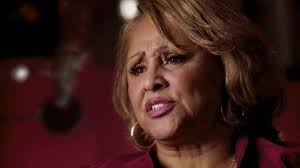
The background vocalists are mostly women of color often singing behind white, male leads and the film poses the question of why these white guys (whose voices are not as strong as the women featured) became stars and their backup singers did not. The answer turns out to be more complicated than we might have thought.
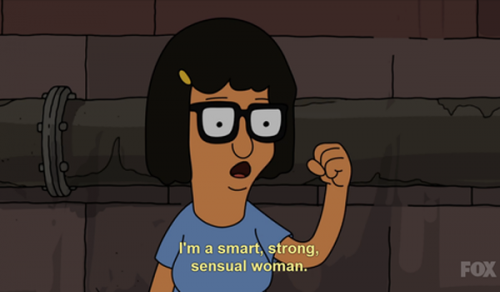
Delightful Tina. Shy, painfully weird, butt-obsessed, quietly dorky, intensely daydreamy Tina. Tina is a little bit like all of us (and–cough–a lot like some of us) at that most graceless, transitional, intrinsically unhappy stage of life that is early adolescence. She is also a wonderfully rich and well-developed character, both in her interactions with her family and in her own right, and she’s arguably the emotional core of the whole show.
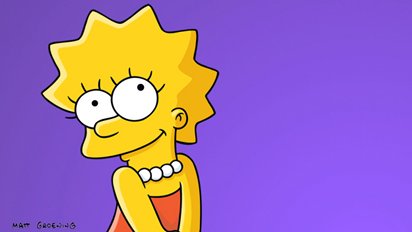
…Lisa takes a stand against the sexism spouting from the mouth of the new talking Malibu Stacy doll. Frustrated with the doll’s collection of sexist catchphrases that include “Let’s bake some cookies for the boys,” “Thinking too much gives you wrinkles,” and “My name’s Stacy, but you can call me *wolf whistle*,” Lisa collaborates with the creator of Malibu Stacy to create their own talking doll, Lisa Lionheart. When Malibu Stacy outsells Lisa Lionheart, our creator feels temporarily dejected, until she hears her own voice speaking behind her: “Trust in yourself and you can achieve anything.” She turns to see a girl her age hold a Lisa Lionheart doll in her hand and smile.
Outstanding Comedy Series 30 Rock (NBC): “Goodbye Forever, 30 Rock“ by Max Thornton The Big Bang Theory (CBS): “The Evolution of The Big Bang Theory“ by Rachel Redfern Girls (HBO): “Girls and Sex and the City Both Handle Abortion With Humor” by Megan Kearns Louie (FX): “Listening and the Art of Good Storytelling in Louis … Continue reading “2013 Emmy Nominations: Get Your Feminist Commentary Here!”
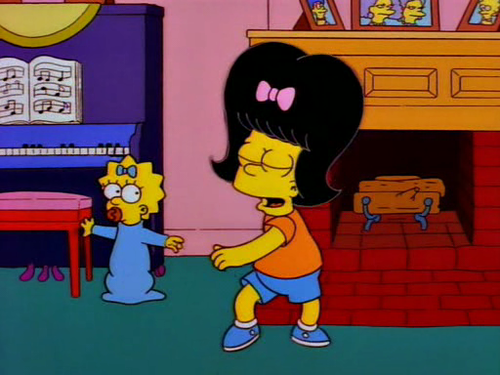
Written by Lady T. Bart Simpson appreciating some gay culture In my umpteenth viewing of episodes from season four of The Simpsons, I noticed something that never occurred to me in my first viewings of the show: Bart Simpson has a feminine side. This shouldn’t come as much of a surprise. An episode in the … Continue reading “Bart Simpson’s Feminine Side”








